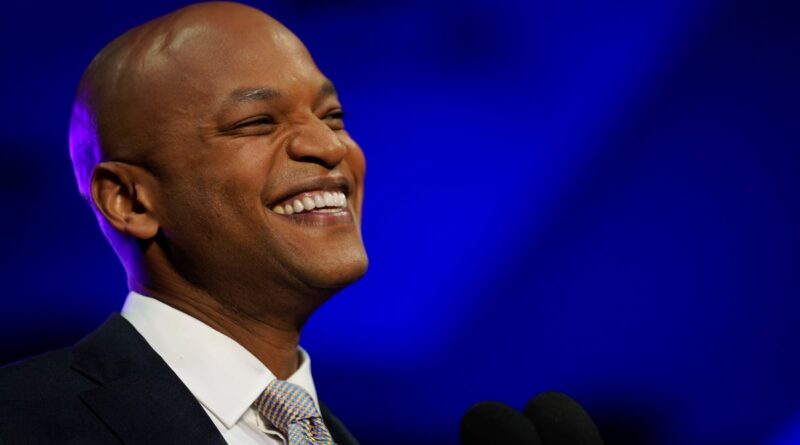Wes Moore Leads On A Night Of Black Electoral Firsts

For only the third time in the nation’s history, voters in one of the 50 states picked a Black candidate for governor on Tuesday, electing Democrat Wes Moore over Republican Dan Cox by a nearly 23-point margin.

03:09
Superhoe and Mood’s Nicôle Lecky Plays That’s So Random
Yesterday 4:48PM
Moore’s win was the headline on an election night where Black candidates in several states also made history. Summer Lee became the first Black woman elected to represent Pennsylvania in Congress while Austin Davis became its first Black governor-elect. Massachusetts voted for its first Black woman attorney general in Andrea Campbell. In California, Malia Cohen became the first Black woman elected as the state’s controller while Karen Bass appears poised to be L.A.’s first Black woman mayor-elect.
Moore follows only Deval Patrick, who was governor of Massachusetts from 2007 to 2015, and Douglas Wilder, who was governor of Virginia from 1990 until 1994, among Black elected governors in the the country’s history.
Moore’s was a particularly resounding win in a state where outgoing Republican Gov. Larry Hogan had won two terms despite having cut millions of dollars in funding for projects that were considered potentially transformative for Black communities. Ironically, Hogan beat former Maryland Lieutenant Gov. Anthony Brown, who is Black, in 2018 to become the state’s only third Republican governor since former Vice President Spiro Agnew in the 1970s. Maryland has also had one other Black lieutenant governor, Republican Michael Steele, who served from 2003 until 2007.
All of which begs the question: what took Maryland—and the rest of the country—so long? In recent decades it’s been a reliably blue state, at least in presidential elections, with a large number of Black voters that has translated into electoral power, especially in the so-called DMV corridor between Baltimore and the Washington, D.C. suburbs.
If there was a Wakanda Index that measured the likelihood of translating Black culture, population and institutions into political power, Maryland would rank a close second to the Atlanta metro area. Maryland is so Black—at least in the corridor between Baltimore and the D.C. suburbs, that it has four HBCUs. It’s so Black the Baltimore Ravens use the iconic whistle from The Wire character Omar as a hype track at home games—despite the fact that Omar was a murderous fictional character played by an actor from Brooklyn, not Bmore. Maryland is so Black that it’s state bird is the crab cake.
G/O Media may get a commission

low-waste beauty
The Earthling Co.
Beauty for the planet
If the beauty fan in your life is eco-friendly—take a gander at the Earthling Co.’s delightful, giftable options.
Compared with most states, Maryland overindexes on Black college graduates, Black local and Congressional elected officials, the number of Black professionals and Black median income. In other words, it’s a state filled with stereotypical “likely voters” who happen to be Black and who have proven they can and will propel candidates who look like them into high office. Maryland gave us the legendary late Rep. Elijah Cummings, who chaired the Congressional Black Caucus and was respected in both parties even as partisan division grew.

